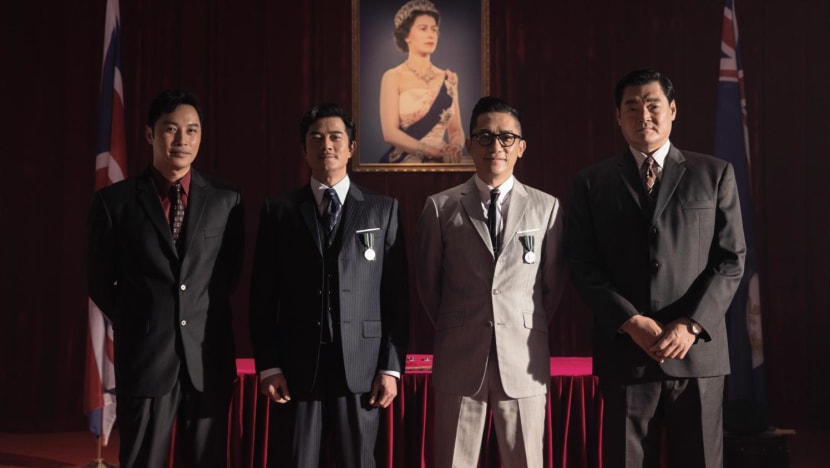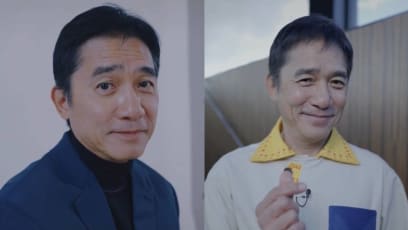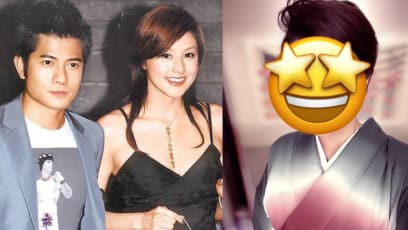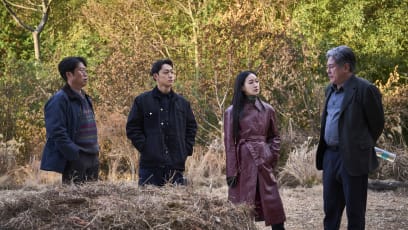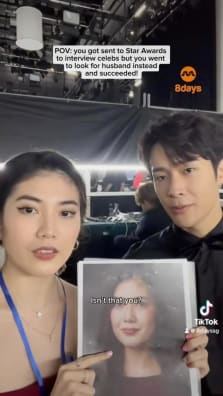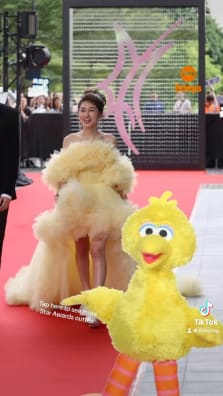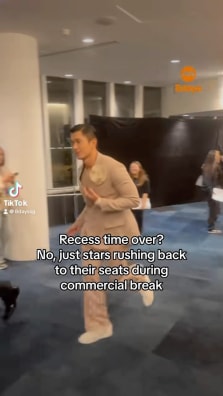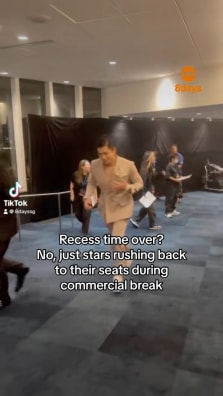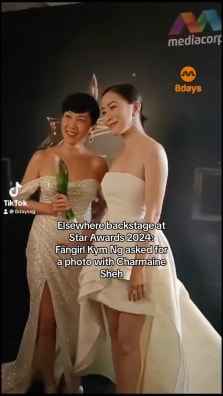Where The Wind Blows Review: Star Combo Of Aaron Kwok & Tony Leung Goes Up In Smoke In Posey Crime Drama
The highly-anticipated Aaron Kwok and Tony Leung team-up is a tad underwhelming in this over-stylish, sagging Hong Kong crime saga.
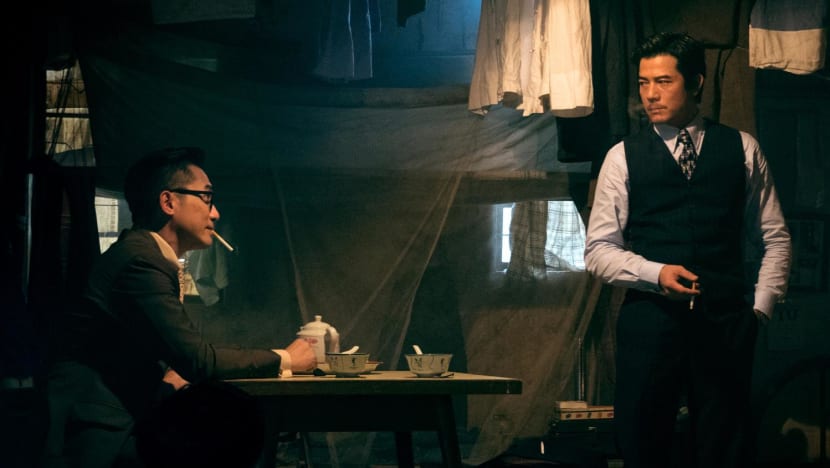
Where The Wind Blows (M18)
Starring Tony Leung, Aaron Kwok, Du Juan
Directed by Philip Yung
This could have been good.
A story about two real-life dirty cops who were so notoriously corrupt in Hong Kong, circa 1950s to 1970s, that they basically ruled the streets with absolute power and impunity.
But instead, Where The Wind Blows is a rambling, messy and unfulfilling period-drama that chooses to be so needlessly artsy and posey it borders on being, well, almost criminal.
If you're unfamiliar with the history of organised crime in Hong Kong — who outside of HK is? — you'd be confused by the goings-on here, afflicted with flashbacks, assorted characters, annoying slo-mo, and shrouded by a soft filter and a thick whirl of smoke. Literally, since cigarette smoke keeps getting blown onscreen to set up the mood of an over-stylistic old world of decadence.
Don’t expect a tight urban thriller. This is more a character study than corruption expose. A slow-moving museum piece rather than a fast-paced crooked cops actioner. People shoot at each other. Mostly to look good pointing guns.
Police staff sergeants Lui Lok (Aaron Kwok) and Nam Kong (Tony Leung Chiu-Wai) are parallel quixotic figures who strategise their empire of sin on a writing board as they divide up lucrative districts into personal gold-mining fiefdoms. They’re abetted by their superiors who promote both while closing an eye to their rogue methods.
These two unchecked schemers strong-arm control the triads, cut in on the illegal action of gambling dens, strip joints and brothels by charging a “monthly management fee”, and even bribe their colonial bosses — shady British officers — to make them dance to their greedy tune. “Our goal is to make a bigger cake,” goes the motivation.
Now, “dance” is truly the operative word here. Because people actually do dance absurdly in this flick.
Leung's educated, thoughtful enforcer, Nam, plays a piano tune as a smoky soundtrack and dances oddly on his own, arms outstretched, with an invisible partner. Kwok's unschooled, unpredictable wrongdoer, Lui, somehow struts a Michael Jackson impersonation in one incongruous musical scene and then wraps up a ridiculous number that looks like ‘Singin' In The Nutty Rain’.
But we persevere because this is a HK film about bad policemen and we know how Infernal Affairs-terrific they can be.
Unfortunately, no.
Here's the thing. If this was a Johnnie To movie, we'd see a smart, sharp modern kicker that would surely be iconic and ironic. If it's the other Tony Leung — Ka Fai — here, we’d likely get a pulsating good-vs-evil deal like Once Upon A Time In Hong Kong or those nail-biting Cold War thrillers he made with Kwok.
But this is Tony Leung CW, and he’s ditched his Infernal Affairs intensity to get into the posier mood of returning to In The Mood For Love.
Primarily because writer-director Philip Yung, a former film critic who made an intriguing murder investigation pic, Port Of Call, with Kwok in 2015, has opted to turn his potentially killer tale into a dated nostalgic homage to Wong Kar-Wai. Kinda like, you know, In The Mood For Money.
There could be a reason for this. The man may have tamped down the police corruption element here to appease Chinese censors. Which apparently didn’t quite work since its release was reportedly still delayed by five years.
In so doing, Yung probably didn’t want his flick to get too uncomfortably dirty and problematically close to HK’s gritty gangster streets. Preferring instead to compose a decorative, glamorous and wistful drama about two twin contradictions. Both men being enigmatically flawed and mightily laden with illicit power, whom Yung evidently believes to be anti-heroes quite Shakespearean-tragic in their converging pathos of haunted personal trauma.
Problem is, despite spending well over two hours on atmospheric throwback after atmospheric throwback, this clash of opposites still doesn’t quite hit the mark.
We can just about make out that Lui, at first a resolutely righteous cop, turns seriously immoral due to a previous wartime ordeal when he, a penniless guy from the streets, couldn’t save the life of the girl he loved during the Japanese occupation. But how this manic plunge into darkness comes about, we don’t really see.
Meanwhile, Nam, a refined, privileged scion, has daddy issues and an yearning for unattainable forbidden flesh. He’s mesmerised by Lui’s immaculately coiffured, femme fatale Shanghainese wife, Tsai Zhen (mainland Chinese actress Du Juan), who cuts surreptitious deals with dangerous thugs for her husband’s advancement until we realise that her behind-the-scenes story is actually the fascinating one we should be watching.
Director Yung wants us to get what made these two dudes, initially good fellows, into bad goodfellas from clean youth to dirty adulthood. There’s even an effective sequence ripped out of Goodfellas where Kwok suddenly slaps Leung in an abrupt fit of rage that plays well on the former’s impulsive style and the latter’s contained inscrutability.
The film, though, doesn’t carry on its hard-earned tension from there, dropping it as soon as it happens as its scenes look simply like disassociated episodes.
And what we get from that is a set of pretty postcards about very unpretty greed. (2/5 stars)
Photos: Shaw Organisation
Watch exclusive 8 DAYS interviews on meWATCH and Mediacorp YouTube Channel.





